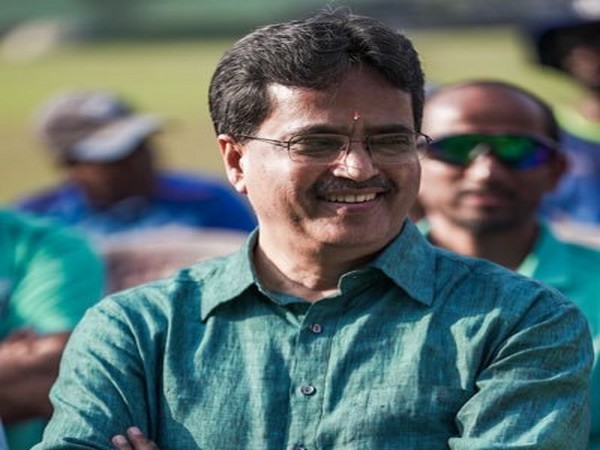In a significant development that has sent shockwaves through Tripura’s political arena, Chief Minister Manik Saha, in a recent address, proclaimed that the alliance between the Bharatiya Janata Party (BJP) and the Indigenous People’s Front of Tripura (IPFT) is poised to govern the state for a staggering period of 40-50 years. Deb’s statement has drawn widespread attention and speculation regarding the potential ramifications for the political landscape of Tripura. This article aims to delve into the intricacies of the BJP-IPFT alliance, analyze its historical context, and evaluate the likelihood of its sustained dominance over the state.
The BJP-IPFT alliance emerged as a political force in Tripura during the 2018 Legislative Assembly elections. The BJP, backed by a strategic campaign and extensive resources, succeeded in dethroning the Communist Party of India (Marxist) (CPI-M) which had held power for an uninterrupted 25 years. The IPFT, a regional party demanding the creation of a separate state for the indigenous tribal communities, formed an alliance with the BJP, hoping to address their longstanding grievances.
Tripura, located in northeastern India, has a unique socio-political landscape shaped by a combination of tribal and non-tribal populations. The indigenous tribal communities, constituting a significant portion of the state’s population, have historically faced socio-economic marginalization and political underrepresentation. The IPFT’s demand for a separate tribal state taps into these deep-rooted sentiments and aspirations.
The BJP’s spectacular ascent in Tripura can be attributed to several factors. Firstly, the party’s ability to galvanize a wave of anti-incumbency sentiments against the CPI-M’s lengthy rule struck a chord with many disillusioned voters. Secondly, the strategic consolidation of Hindu votes, coupled with the charismatic leadership of Manik Saha, bolstered the BJP’s electoral fortunes. Deb’s proactive approach in implementing various welfare schemes and infrastructure development initiatives further endeared him to the electorate.
While Chief Minister Saha exudes confidence in the alliance’s ability to maintain dominance for several decades, several challenges lie on the horizon. One key concern pertains to the potential erosion of public trust due to unfulfilled promises and governance issues. Critics argue that the BJP-IPFT alliance needs to address pressing socio-economic issues, such as unemployment, healthcare, and education, to sustain long-term popular support.
Furthermore, Tripura’s political landscape is not immune to shifting alliances and evolving voter preferences. As history has shown, political fortunes can fluctuate rapidly, and voters are often swayed by a range of factors such as economic conditions, regional dynamics, and leadership qualities. The BJP-IPFT alliance cannot afford to rest on its laurels and must continuously adapt to changing political dynamics to maintain its electoral edge.
While the BJP-IPFT alliance currently enjoys a formidable position in Tripura, it is important to note the presence of alternative political forces. The CPI-M, which had long dominated the state’s politics, remains a potent opposition force and has been actively working to regain lost ground. Other regional parties, such as the Indigenous Nationalist Party of Tripura (INPT), also strive to represent the interests of tribal communities, posing potential challenges to the BJP-IPFT alliance’s prolonged reign.



